California’s new cannabis café law is a step toward mainstream acceptance of cannabis use, and it opens up an urgent and meaningful conversation about the relationship between substance use and wellness.
California’s new cannabis café law is a step toward mainstream acceptance of cannabis use, and it opens up an urgent and meaningful conversation about the relationship between substance use and wellness.
This moment brings us to a critical question:
Do we truly need substances like cannabis to experience a personal state of wellness, or are they simply shortcuts that allow us to avoid deeper self-work?
The Growth Mindset: Control and Agency
Wellness starts with a growth mindset—one of control and agency over how we experience the world. As a Navy combat veteran with a seasoned background in performance psychology who thrives with PTS and manages major depressive disorder, I know our labels don’t define us; our thoughts and actions do.
By bringing peak performance tactics into daily life, we take on the role of the CEO of our own lives, managing the executive functions that drive our decisions and behaviors. And like any good CEO, we must supervise our internal processes to shape our narratives in the pursuit of harmony in both mind and body.
Substance-induced altered states of consciousness
can be part of a well-rounded wellness protocol, but what that looks like is different for everyone.
For me, sometimes it includes a mindful 2mg dose of cannabis. For others, it might involve the responsible use of alternatives like ketamine therapy, psilocybin, or peyote.
And for some, their path to the “good life” means abstaining from all substances.
The point is the pursuit of wellness is personal and diverse, shaped by each individual's choices and the harmony they seek.
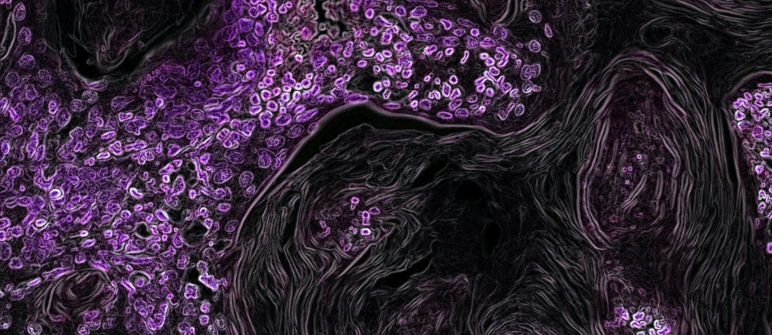
States of Consciousness and Neurochemistry
Humans have been drawn to altered states of consciousness for thousands of years, with countless religions and cultures developing rituals and practices to explore these states in the pursuit of balance, healing, and a more profound sense of wellness.
But how do we achieve them responsibly?
Our brains produce a variety of neurochemicals that play a role in our mental states.
Substances like cannabis can trigger these chemicals quickly, but they pale in comparison to the levels our bodies can naturally produce.
It’s vital to realize that as your own wellness CEO, you manage a neuro-pharmacy capable of producing these states through self-awareness and effort—unlocking levels no substance can match.
For me, managing wellness in pursuit of an optimal experience—isn’t that what we’re all chasing when we seek those good feelings?—has meant exploring my neuro-pharmacy in a curious, data-driven, and mostly responsible way. A mostly whole foods diet, a routine with mostly regular exercise, mostly regular therapy, and a 2mg dose of THC here and there create a more stable state of wellness—a sense of harmony—for me.
But wellness isn’t static; it’s dynamic, constantly evolving and requiring us to adapt as we learn and grow.
What works for me today might not work tomorrow, and the same goes for you too.
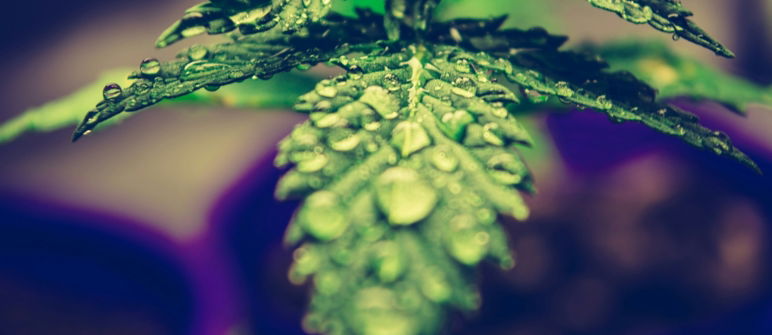
As cannabis becomes more integrated into our communities, we have the chance to learn and grow from others who already use it in social settings.
Take Amsterdam, for example—cannabis cafés have existed there for decades, contributing to positive public health outcomes. The Netherlands has one of the lowest rates of problem drug use in Europe and fewer arrests for minor drug offenses thanks to their cannabis café policy (Open Society Foundations).
Cannabis offers a potential for calm and genuine connection that challenges the chaotic effects of alcohol.
This evolution calls us to be mindful CEOs of our internal pharmacy.
Too often, we consume mindlessly
—whether it's substances, food, or technology—the list goes on and on...
without considering how they affect our mental, physical, and social well-being.
To truly evolve, we must pay attention to what we’re ingesting and how it impacts our perceptions, processes, and, ultimately, the people and the world around us.
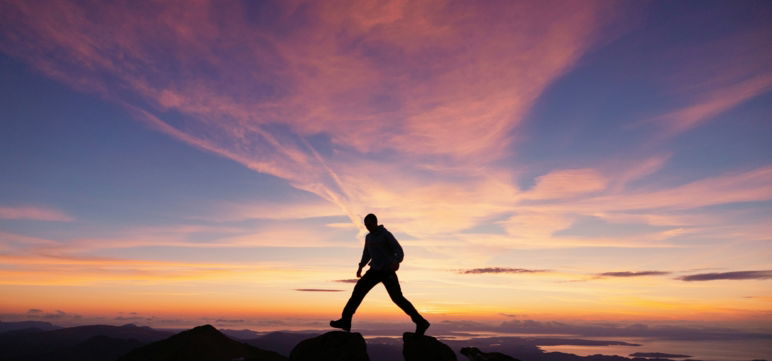
Use vs. Abuse: Navigating the Line
Cannabis use for wellness is a complex topic, one that sits on a fine line between use and abuse.
The key is understanding how it fits into a growth mindset.
Many turn to cannabis for relaxation or to alleviate stress, but we must ask ourselves: Is this truly enhancing wellness, or are we using it as an escape?
It’s easy to say “responsible use” is the answer, but what does that mean?
Like our own personal CEOs, we must supervise the day-to-day use of our neuro-pharmacy, keeping an eye on what we’re letting in and how it shapes our experience.
Does our consumption support our growth, or are we raiding the pharmacy shelves? Responsible use needs to include limits, along with attention and awareness.
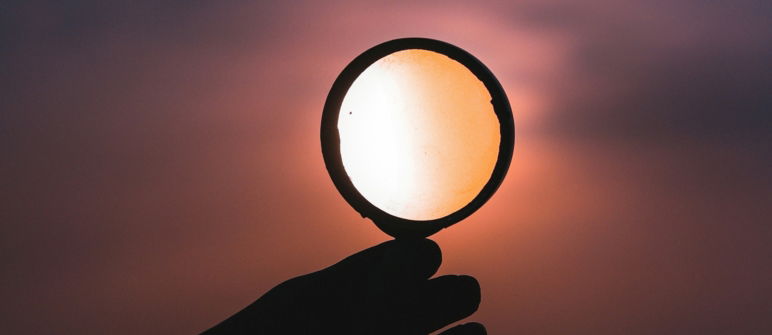
A Comparison Through the Wellness Lens
Cannabis often gets compared to alcohol since both substances have long histories in social settings.
But through the lens of wellness, the differences are striking.
Alcohol, despite its cultural acceptance and widespread availability, is a known depressant and carcinogen that can worsen anxiety, fuel chaotic, violent behaviors, and whose damaging effects on individuals and society are becoming increasingly undeniable.
It’s socially embedded to the point where its harms often go unchecked.
Yet, it’s so ingrained in our culture that non-users are often mocked for their abstinence. Silly, right?
Cannabis, on the other hand, offers the potential for relaxation, calm, and connection without the aggressive volatility linked to alcohol.
As California opens its cannabis cafés, we might witness a shift in social dynamics—places focused on chilling rather than blacking out.
But we don’t need to glorify cannabis to highlight the need for a more mindful approach to substance use and conscious escape.
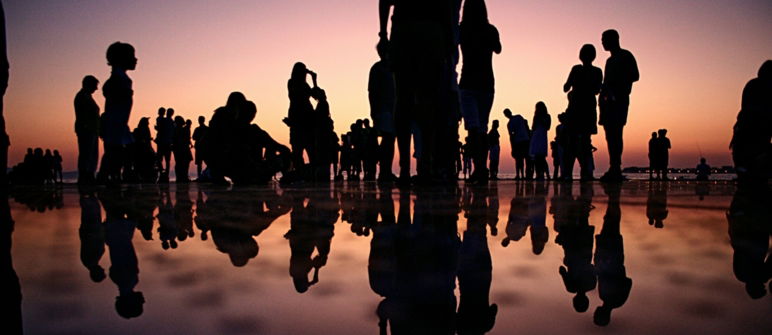
Focusing the Wellness Lens on Society
California’s cannabis cafés invite us into a new social dynamic, prompting an important question:
Do we need substances for wellness, or are they just escapes?
The reality is, escapes can be necessary at times, but let’s not lose sight of what really matters.
Like any effective CEO knows, managing resources wisely is key to success. So, instead of fixating on this shift, let’s think about where our energy could be better spent.
What good is arguing over cannabis, lifestyle choices, or fleeting societal debates when so many in need across the world and our country, from our own communities to the East Coast, are desperate for support?
Wellness starts with individual choices, but it extends to collective action.
The more we control our own lives with intention, the more we influence the world around us.
So, let's use this moment not as a distraction but as a reminder that real wellness comes from self-awareness, agency, and caring for our neighbors.
In the end, it’s about how we manage our most valuable resources—our choices and our actions—to create a world where wellness isn’t just a personal pursuit but a shared reality.
Harmony Starts with You
Ready to take charge of your wellness story?
Start the shift from mindless consumption to mindful action.
My 5-Step Guide will show you how to build harmony, focus your energy, and take control of your wellness.
Your someday is today.
I’ll meet you there!
Colleen Ryan-Hensley is the mastermind behind Ryan Wellness Engineering & Social Innovations, LLC. With a knack for making wellness practical and society-focused, she’s on a mission to help us manage our most precious resources: time, energy, and each other.

